Creating and selling digital art as a side hustle involves producing and distributing unique digital creations, such as graphics, illustrations, or 3D models, through online platforms. To implement this side hustle, follow these steps:
- Develop your artistic skills: Focus on building your skills in digital art software, such as Adobe Photoshop or Illustrator, to create high-quality art pieces.
- Choose a niche: Identify a specific area of digital art to specialize in, such as sci-fi landscapes, portraits, or abstract art, to target a specific audience.
- Create a portfolio: Build a portfolio of your best work to showcase your skills and style to potential buyers.
- Select online platforms: Research and choose online platforms to sell your digital art, such as Etsy, DeviantArt, or Redbubble, which cater to your target audience.
- Set up a store or profile: Create a professional store or profile on the chosen platforms, including a profile picture, bio, and contact information.
- Upload and price your art: Upload your digital art to the platforms, setting competitive prices based on the type of art, size, and target audience.
- Market and promote: Share your art on social media, forums, and online communities to attract potential buyers and promote your store or profile.
- Deliver digital products: Once a sale is made, deliver the digital art to the buyer through email or download link, ensuring a smooth and secure transaction.
By following these steps, you can establish a successful side hustle creating and selling digital art, turning your creativity into a profitable venture.
Key Takeaways
- Start by building your artistic skills and unique style through experimentation, online challenges, and continuous evolution as an artist.
- Invest in a computer, tablet, or smartphone, and select suitable art software, such as Adobe Photoshop or free tools like GIMP and Krita.
- Create a professional online presence by showcasing your portfolio on a website and engaging with your audience on social media platforms.
- Set up an online store using e-commerce platforms like Shopify or Big Cartel, and integrate reliable payment gateways for secure transactions.
Getting Started With Digital Art
Breaking into the digital art scene can be a lucrative side hustle, and the best part is that you don't need a fancy studio or expensive materials to get started. A computer, tablet, or even your smartphone can be your canvas.
With a vast array of tools and software at your fingertips, you can experiment with different apps, brushes, and effects to find what works best for you. By joining online forums, social media groups, and digital art platforms, you can connect with a thriving art community, share your work, and get feedback to refine your unique style.
As a digital artist, you can offer commissioned pieces, sell your art online, or create and sell digital art products, such as printables, planners, or courses teaching others how to create digital art.
To stay ahead, engage with the art community by participating in online challenges, sharing your artistic journey, and offering feedback to fellow artists. This will help you stay motivated, learn from others, and continuously improve your craft.
Building Your Artistic Skills
Now that you've got the basics of digital art down, it's time to level up your skills and start building a style that's uniquely yours.
You'll want to experiment with different techniques and tools to develop a distinctive look that sets your art apart from the crowd.
Developing Your Unique Style
Developing a unique style for your side hustle is a continuous process of experimentation, risk-taking, and honing skills that ultimately sets your services apart in a crowded freelance market. You're constantly evolving as an entrepreneur, and your style should reflect that. So, don't be afraid to try new approaches and take inspiration from various industry influences.
Whether it's innovative marketing, bold branding, or creative problem-solving, let your strengths shine through in your work.
As you develop your unique style, remember that it's also a key part of your personal branding and a competitive advantage for your side hustle. Your services should be instantly recognizable, with a distinct flair that sets you apart from others.
Consistency is key here – by maintaining a consistent tone and aesthetic across all your marketing materials and client deliverables, you'll build a strong brand that attracts loyal clients.
So, experiment, take risks, and stay true to your entrepreneurial vision. Your unique style will emerge, and with it, a loyal client base who appreciates your distinct value proposition.
Keep pushing boundaries, and your side hustle will thrive in the gig economy.
Learning New Art Software
Mastering new art software is crucial to streamlining your creative workflow and unlocking new possibilities for your digital art side hustle. To get started, focus on learning the basics of user interface navigation and exploring tutorials for the following key skills:
| Skill | Software |
|---|---|
| Brush customization | Adobe Photoshop, Clip Studio Paint |
| Color theory and palette management | Adobe Illustrator, Procreate |
| Layer blending and masking | Sketchbook Pro, Autodesk Sketchbook |
| Text manipulation and effects | Adobe After Effects, CorelDRAW |
| Time-saving shortcuts and workflows | All of the above |
Developing these skills will elevate your art and save time, ultimately increasing productivity and profitability in your side hustle. Investing time in tutorials and experimenting with new techniques is essential to achieving success in the digital art market.
Choosing the Right Software
Now that you've honed your artistic skills, it's time to pick the perfect software to bring your digital art to life.
You'll need to decide between popular options like Adobe Photoshop, Sketchbook Pro, or Clip Studio Paint, each with its own strengths and weaknesses.
As you weigh your choices, you'll also want to contemplate whether free tools like GIMP or Krita can do the trick, or if paid software is worth the investment.
Popular Software Options
When launching your side hustle in digital art, selecting the right software is crucial to producing high-quality work efficiently. Exploring popular software options can help you find the perfect fit for your art style and skill level. You'll discover a range of tools, including Digital Painting, Vector Graphics, and Animation software, each designed to bring your creative vision to life.
| Software | Best For | Skill Level |
|---|---|---|
| Adobe Photoshop | Digital Painting, Raster Graphics | Intermediate to Advanced |
| Procreate | Digital Painting, Hand-Drawn Art | Beginner to Advanced |
| Clip Studio Paint | Digital Painting, Comic Art, Animation | Beginner to Intermediate |
| Affinity Designer | Vector Graphics, Digital Illustration | Intermediate to Advanced |
Mastering a software that aligns with your side hustle goals can help streamline your workflow, allowing you to focus on growing your business. Whether it's creating digital art, illustrations, or animations, choosing the right software can elevate the quality of your work and set you up for success.
Free Vs Paid Tools
Choosing the right software for your side hustle can be daunting. Free tools can be an excellent starting point, offering a range of basic features to get you going. However, they often lack advanced features, may include distracting ads, and may have limitations on usage.
On the other hand, paid software provides the advanced tools and features necessary to deliver high-quality results but may be expensive for beginners. Consider your side hustle needs and budget.
Weigh the pros and cons of free versus paid software. Free software is great for getting started and developing foundational skills. In contrast, paid software can improve overall quality and performance as your side hustle grows, thus increasing earning potential and satisfaction.
Developing Your Unique Style
Your unique style is the entrepreneurial fingerprint that sets you apart from other side hustlers, and cultivating it takes experimentation, risk-taking, and a willingness to push the boundaries of what's possible in the world of part-time entrepreneurship.
To develop your style, you need to tap into your personal influences – the things that inspire and spark your passion for creating a successful side business. Are you a fan of innovative marketing strategies, or do you find motivation in the success stories of other entrepreneurs? Whatever it is, let it shine through in your business approach.
As you experiment and build your side hustle, you'll start to notice a thread of consistency in your approach. That's your style emerging!
To refine it, try these three things:
- Break the mold: Don't be afraid to try new business models and disregard traditional side hustle principles.
- Mash up your inspirations: Combine seemingly disparate ideas to create something fresh and unique.
- Iterate, iterate, iterate: Keep pushing yourself to try new strategies and refine your approach with each new challenge.
Through entrepreneurial experimentation and a willingness to take risks, you'll develop a style that's authentic and truly yours.
Creating a Professional Online Presence
Building a professional online presence is crucial for your digital art side hustle.
Start by creating a portfolio that showcases your best work, highlighting your artistic range and versatility. Utilize a website builder like Wix or Squarespace to create a modern and easy-to-navigate website.
To increase visibility, optimize your portfolio with relevant keywords and tags, allowing your art to appear in search results.
Establish a strong social media presence on platforms like Instagram and TikTok, sharing your creative process, sneak peeks, and behind-the-scenes content. This will help you connect with potential buyers, receive feedback from fans, and stay inspired by the creative community, ultimately growing your side hustle.
Setting Up an Online Store
To turn your digital art into a sustainable side hustle, setting up an online store is a must. Leverage e-commerce platforms like Shopify or Big Cartel to create a seamless online shopping experience that showcases your art and allows customers to buy and download it instantly.
Three must-haves for a successful digital art store include:
- Easy payment processing: Integrate reliable payment gateways like Stripe or PayPal to enable quick and secure payments.
- Customizable storefront: Choose a platform that lets you customize your store's look and feel to reflect your brand and style.
- Digital download capabilities: Ensure your store can handle instant downloads with built-in digital delivery features.
With these essentials in place, your online store will effectively showcase your digital art and make it easy for customers to buy and enjoy your work.
Marketing and Promoting Your Art
Developing a solid marketing strategy is crucial to standing out in a crowded online art market. To successfully promote your art, you need to identify your target audience and create content that resonates with them.
Utilize social media platforms such as Instagram, TikTok, and Twitter to share your art, behind-the-scenes insights, and exclusive offers. Leverage hashtags to increase visibility, collaborate with influencers, and engage with your followers to build a loyal fan base.
Consider running contests or giveaways to generate buzz around your art. Continuously track and refine your approach to optimize results.
With persistence and creativity, you can establish a thriving online presence and showcase your art to potential buyers.
Pricing and Selling Your Work
Pricing your side hustle's digital products requires a strategic approach that balances value and affordability. To set the right prices, you must develop a pricing strategy informed by market research and data analysis.
Evaluate the following factors:
- Research the market: Look at what similar side hustles are charging for similar products. Analyze online marketplaces, social media, and industry communities to understand the going rate for digital products like yours.
- Calculate costs: Factor in the time, effort, and resources invested in creating each product. This includes software, equipment, and marketing expenses.
- Test and refine: Experiment with different price points and analyze customer feedback and sales data. Be prepared to adjust prices accordingly to optimize your pricing strategy and find the sweet spot for your side hustle.
Expanding Your Digital Art Business
Scaling your digital art side hustle requires strategic planning to reach a broader audience and increase revenue. Key areas to focus on include:
| Growth Area | Key Strategies | Benefits |
|---|---|---|
| Collaboration Opportunities | Partner with influencers, artists, or brands | Expand audience, build credibility |
| Audience Engagement | Host webinars, contests, or Q&A sessions | Build community, increase loyalty |
| Marketing | Leverage social media, email marketing, and paid ads | Increase visibility, drive sales |
| Product Development | Create new products, services, or courses | Diversify income streams, attract new customers |
| Analytics | Track sales, website traffic, and engagement metrics | Make data-driven decisions, optimize growth |
Conclusion
As you continue to grow your digital art side hustle, remember that success is a constant evolution of creativity and innovation.
Don't be afraid to try new techniques, experiment with different styles, and push the boundaries of what's possible in the digital art world.
By embracing the freedom to make mistakes and learn from them, you can unlock new opportunities and take your side hustle to the next level.

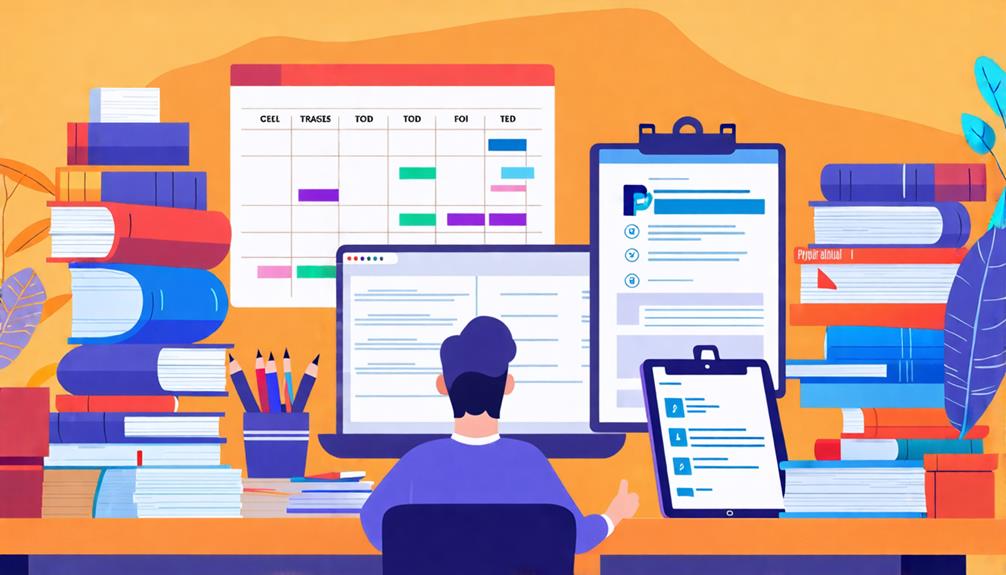

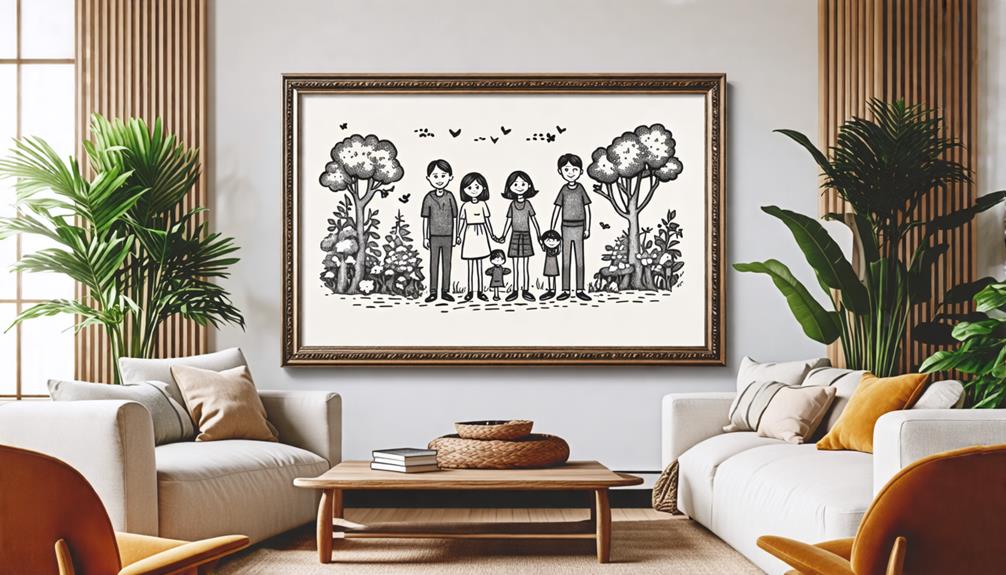
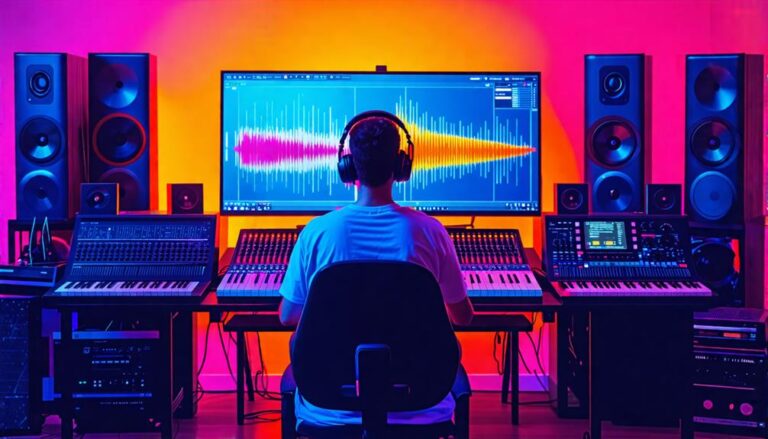


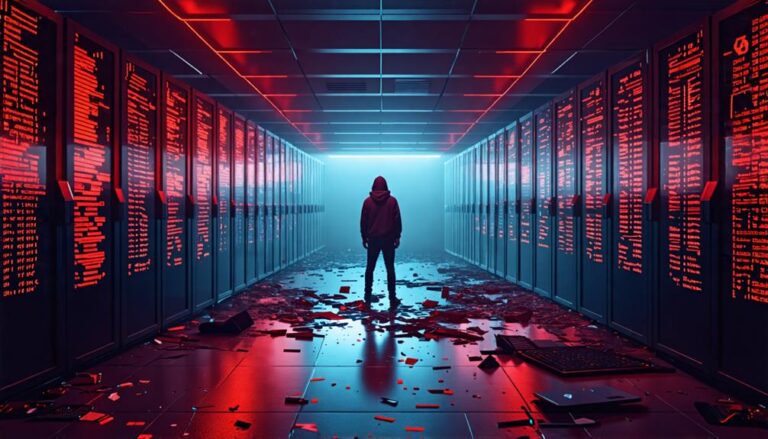


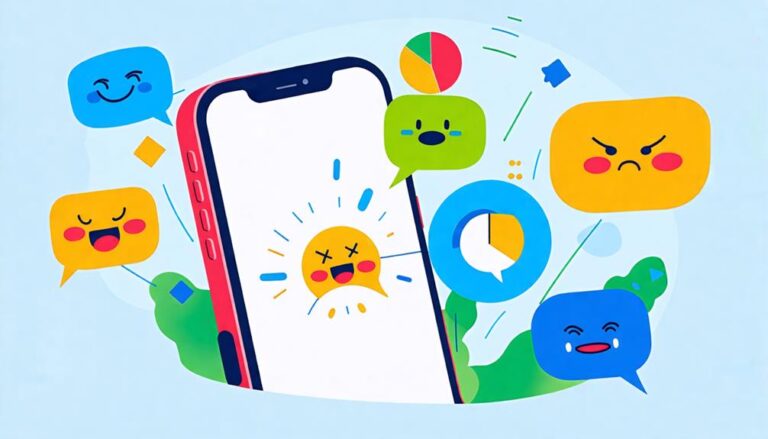


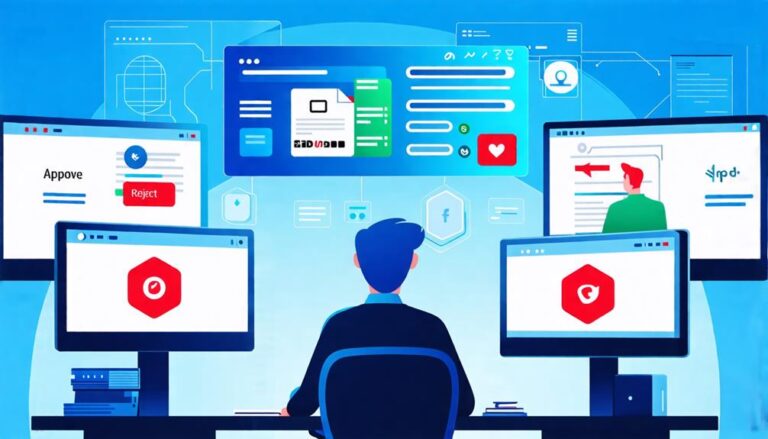


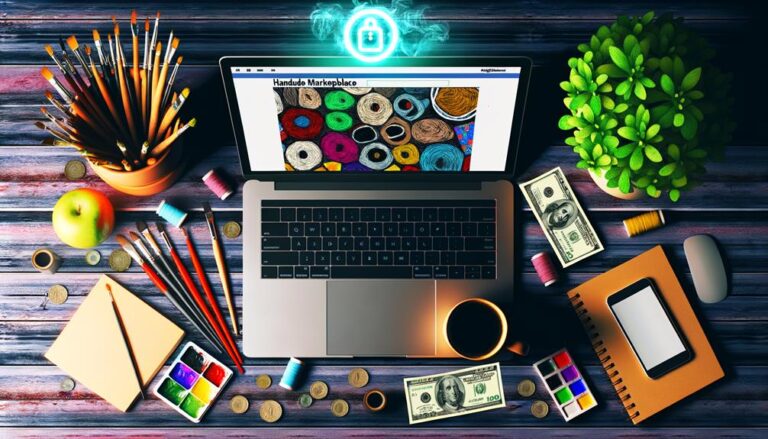
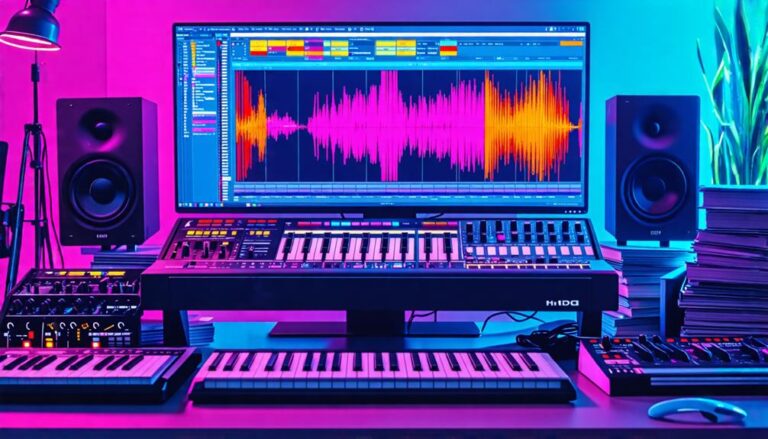

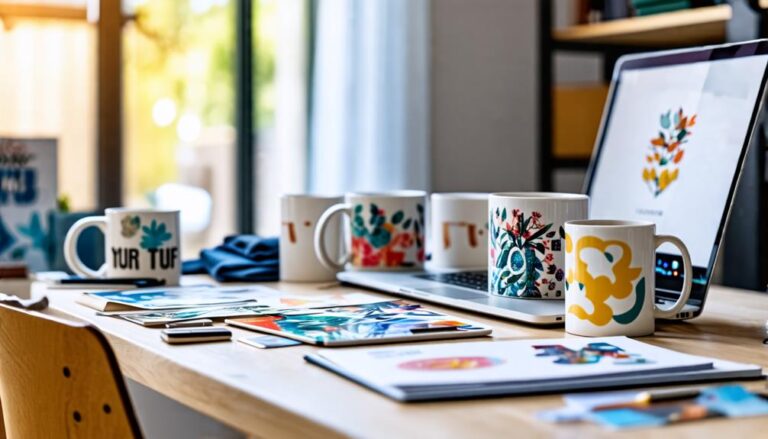








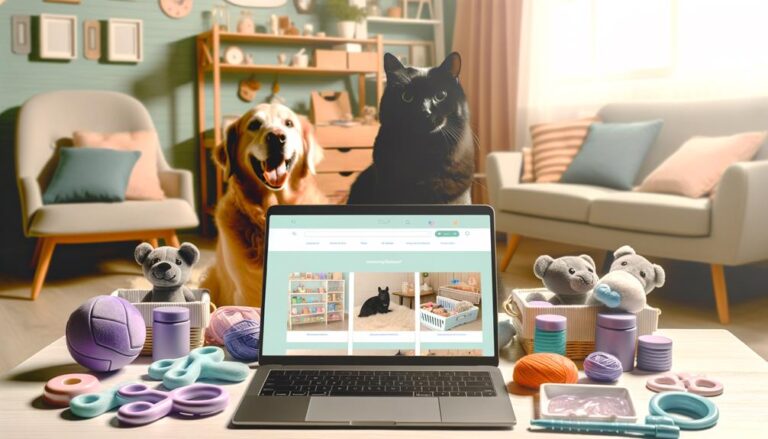




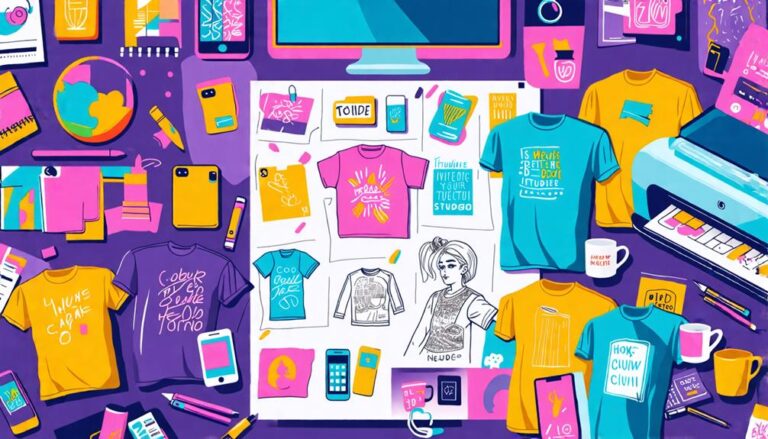



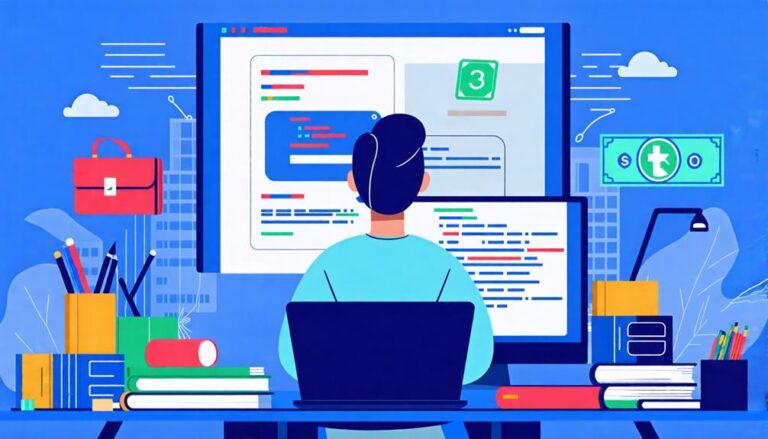

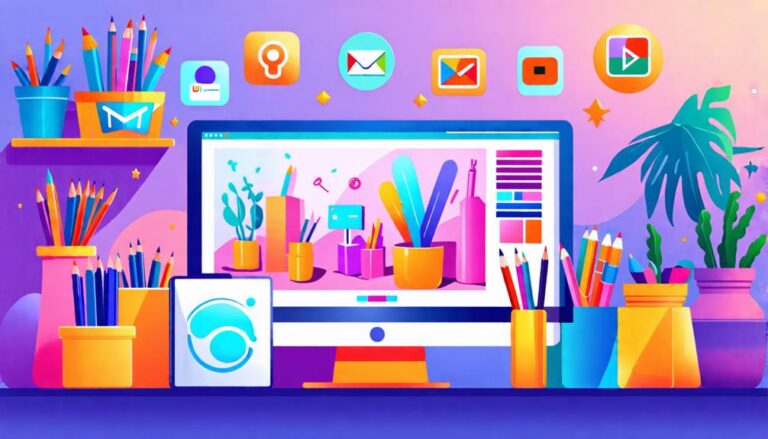

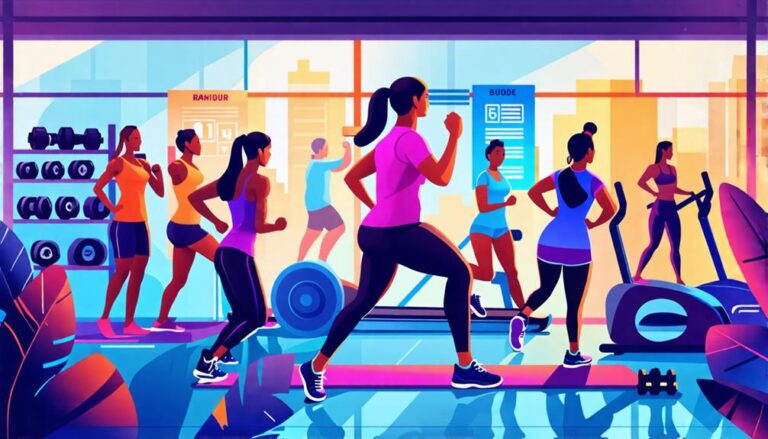





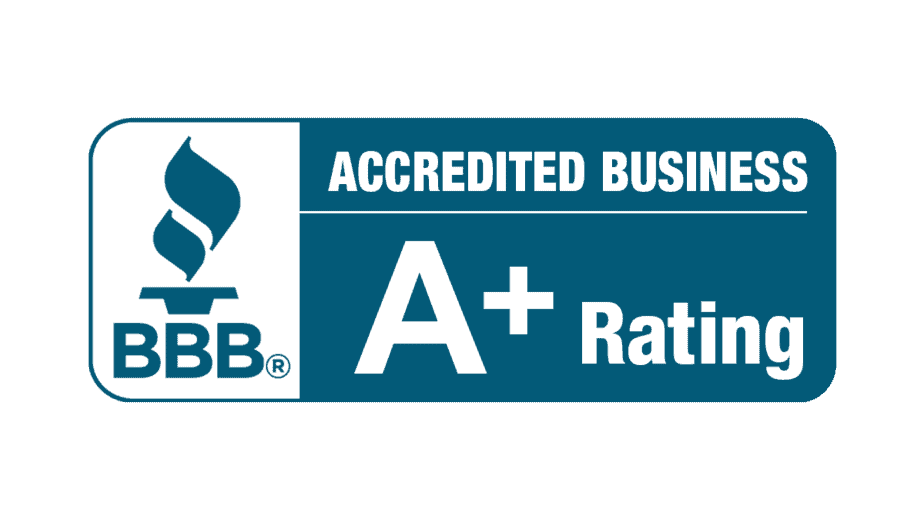
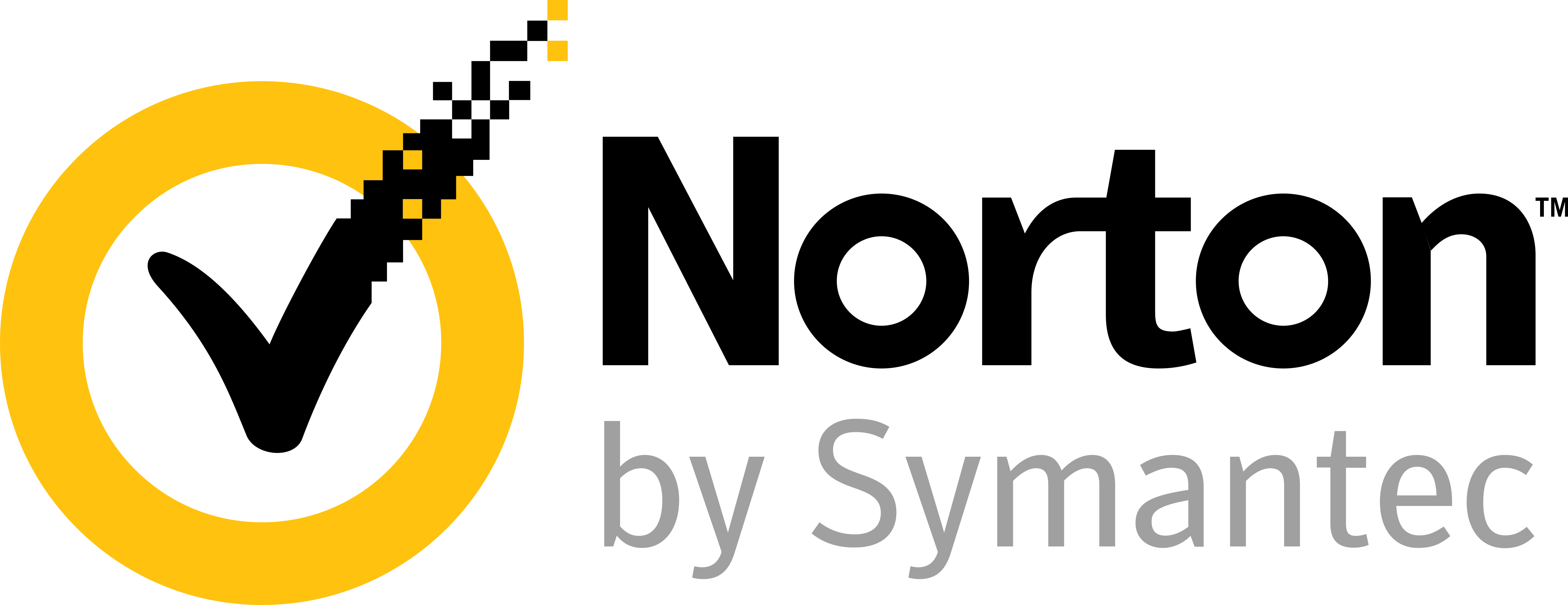
0
View comments